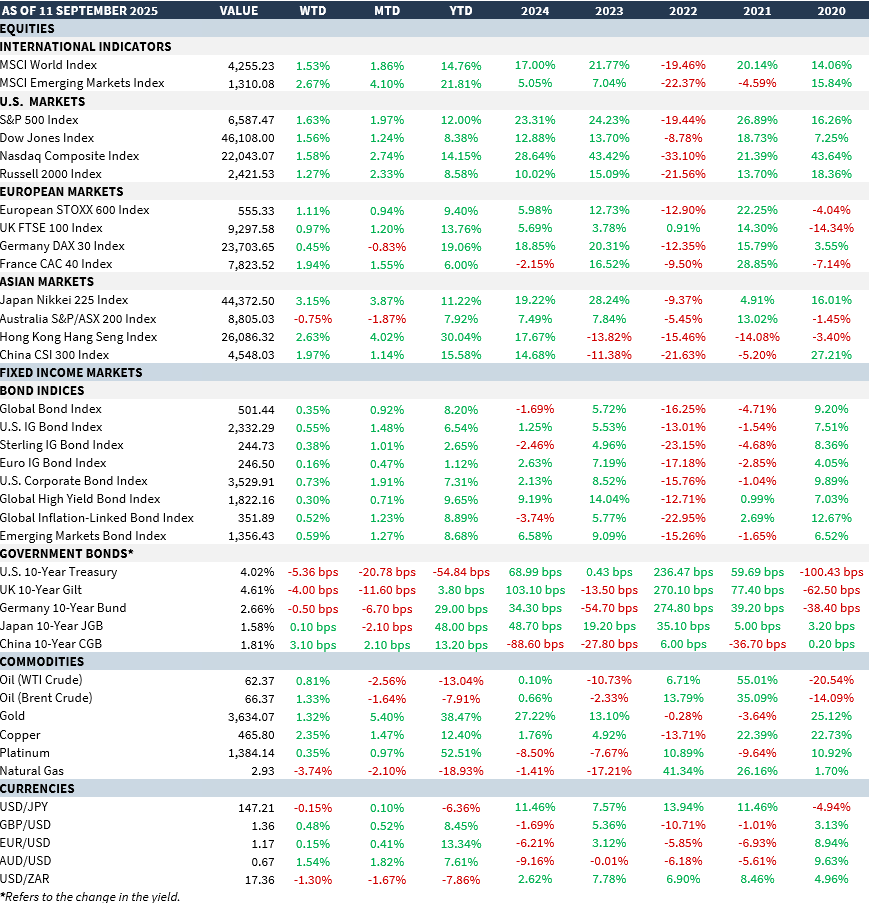A rough week for UK PM Starmer and his motley crew. The events below set out the recent events, the turmoil he has faced – and still faces – and the implications from here:
2nd September: This marked the first reshuffle. Feeling the heat of his critics and opinion polls, he decided it was time to exert more control in the way government is run – i.e. from its core rather than through the peripheries. The key changes were:
- Darren Jones was made the new Chief Secretary to the PM”. (He was previously Chief Secretary to the Treasury under Rachel Reeves). This new role is unprecedented and is aimed at overseeing the day-to-day delivery of the PM’s priorities across government. He is a rising star, an effective media communicator and a key individual to watch. He will report directly to the PM driving the PM’s agenda from the centre.
- Replacing Darren Jones at the treasury is James Murray – a loyal ally of the PM.
- Baroness Minouche Shafik was brought in as Chief Economic Advisor to the PM. She reports directly to the PM and brings “heavyweight” economic expertise to the core. It’s a key move – it strengthens economic strategy at the centre and gives the PM more direct input on economic policy rather than leaving it solely to the Treasury!
- There was a major communications shake-up with Tim Allan – a veteran press strategist (formerly an advisor to Tony Blair) – appointed Executive Director of Government Communications. His appointment is all about “sharpening the government’s messaging”. Even Labour members have been critical of not communicating their own achievements (welfare, minimum wage, work conditions, NHS).
- There were several other changes but, together, these and the above “constitute a significant reset of the machinery at the centre of government”. The rest of the cabinet, at this point, was largely the same.
5th September: No sooner had the first reshuffle taken place, matters erupted when Angela Rayner – the Deputy PM and Deputy Leader of the Labour Party – resigned following findings she had breached the ministerial code in relation to her not paying the correct amount of stamp duty tax on one of her properties. It’s important to emphasise the two Deputy roles are quite different: Deputy PM is cosmetic appointment by the PM; Deputy Leader is an elected role and Unions have a large sway over this. Therefore, not surprisingly, past Deputy Leaders have been left leaning. Angela Rayner’s departure is seen as a real blow to the left – a working-class lady, brought up in poverty, the face of the left, tough and stood by what she believed in. I watched her in many interviews – always on point and no waffle.
5th September: immediately following Rayner’s news, a second reshuffle followed – this time more extensive than the first and was borne partly out of desperation but also out of opportunity. Some key changes:
- David Lammy was moved from Foreign Secretary and now holds three, largely meaningless roles – Deputy PM, Secretary of State for Justice (normally an important role but see below appointment of the new Home Secretary) and Lord Chancellor. He was an ineffective Foreign Secretary. In a Trumpian world, Lammy got off to a bad start having called Trump a “tyrant” and “xenophobic” from when he was on the backbenches. This move is largely seen as a demotion for him while ensuring a senior figure of working-class background remains central to government. His role will depend entirely on what the PM delegates to him. He’s a “second-in-command” by name only.
- Yvette Cooper was moved from Home Secretary to replace Lammy as Foreign Secretary. Like Lammy, she too was seen as ineffective so this is also viewed as a demotion.
- Shabana Mahmood, formerly Justice Secretary (now filled by Lammy) is the new Home Secretary. This is a key role! She is far more highly rated vs her predecessor (perhaps a low bar) but time will tell. She is thought to be tough on immigration and policing……an area where the PM needs some early & vital wins!
- Peter Kyle comes in as the new Secretary for Business & Trade. This move highlights a shift toward engaging business in Labour’s growth agenda.
- Pat McFadden is the Secretary for Work and Pensions. He is a seasoned player and tasked with steering welfare reform and economic inactivity challenges.
11th September: Just when it didn’t feel like things could get worse, Britain’s Ambassador to the US, Peter Mandelson, resigned following revelations he (Mandelson) continued his friendship with Jeffrey Epstein even after the latter’s conviction. Only the day before, under a heavy line of questioning in Parliament, the PM reasserted his confidence in Mandelson. The next day (Thursday), the Foreign Office made a statement announcing his removal on the grounds that “…..additional information…..showed the depth and extent of Peter Mandelson’s relationship with Jeffrey Epstein…..materially different from that known at the time of his appointment”. The PM always knew of his relationship with Epstein – but still decided to appoint him. Furthermore, there didn’t seem to be a plan what to do should it all erupt…..which it did.
What do all these changes mean? Essentially:
- Senior moderates and experienced “Blairite” type figures have been put into strategic roles. Welfare reform, deregulation and a more pro-business-pro-growth agenda have been prioritised.
- Rachel Reeves, the Chancellor, finds herself surrounded by watchful eyes (Darren Jones and Baroness Minouche Shafik). Clipping her wings was a more prudent move than firing her for fear of further market mayhem. The appointment of Baroness Shafik reminds me of the time Margaret Thatcher appointed Sir Alan Walters (an ardent monetarist) as her chief economic advisor in the early 1980s. Nigel Lawson was the Chancellor then – and he certainly felt the pressure!
- Starmer set just three days for the nominations process in the race to be the new Deputy Leader. A successful candidate must receive at least 80 MP votes. As of Friday, the race will be between Bridget Phillipson (a Starmer loyalist who secured the backing of 175 MPs) and Lucy Powell (considered “soft left” and sacked from the cabinet who received 117). The short, 3-day deadline was a deliberate move by Starmer – and not well-received by the left. On the surface, Starmer secures his hold because whoever wins will be a lighter version of Rayner. However, when asked how they feel about the direction and conduct of the party, Labour MPs are far from upbeat/bullish. Phillison’s 175 votes are more of a ”Mehhhh” vote!
- For the opposition parties, it’s the same as usual. They are relying on more Labour party misfortunes. It all comes down to how Starmer and his new posse can deliver on the issues of asylum, crime, policing, benefits fraud and growth. Any successes around one or more of these will help eat into the opposition’s current poll ratings.
- On the international scene, nothing changes. In fact, the international scene has been the only area of success for Starmer as noted by all parties in Westminster..….that’s even despite the latest Mandelson/Epstein revelations. The Trump/Epstein saga is a welcome distraction for Starmer. It’s hard to name a country right now without its internal problems.
In summary, we have witnessed a big, government reset: establish control from the centre, improve communications and take the party back to a more “Blairite” era. How is success going to be defined? By delivering results around asylum & immigration, changes to the welfare state and appeasing business with growth-promoting policies. Labour’s first year in office has been a shambols. The country is still reeling from a disastrous budget last year. People are choosing to leave the country in numbers form the ever-punitive tax policies while the middle classes become squeezed even more in taxation and a declining quality of life (worsening services and rising prices). Friday saw the latest (July) UK GDP print: flat on the month…..and still ahead lies the bleak prospect of what will almost certainly be a dire Autumn budget (26th November)!
MARKET SUMMARY...

